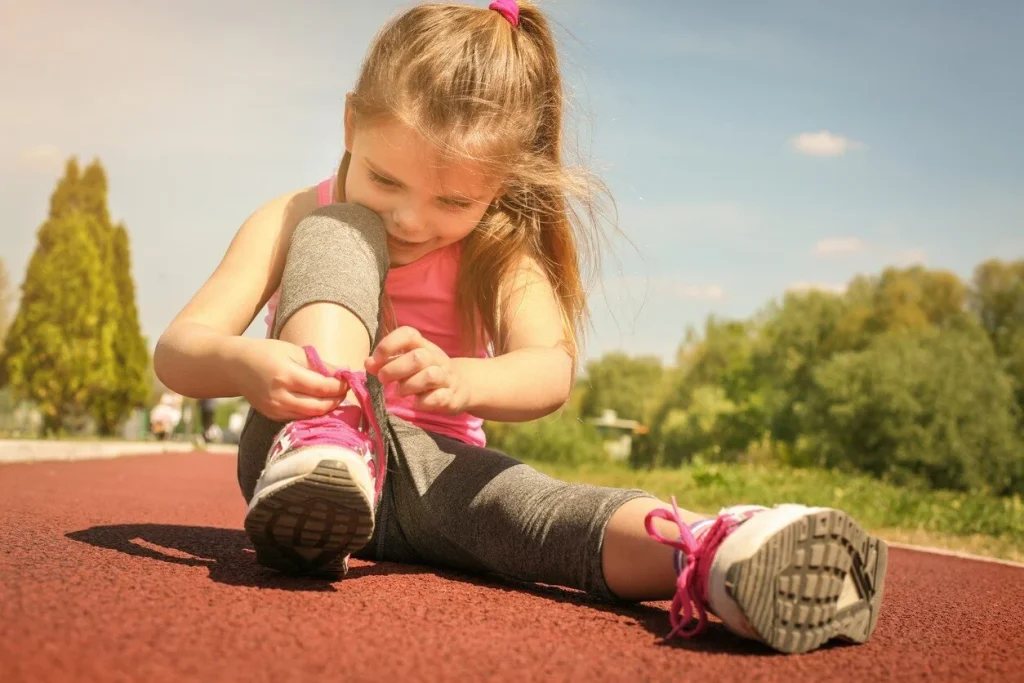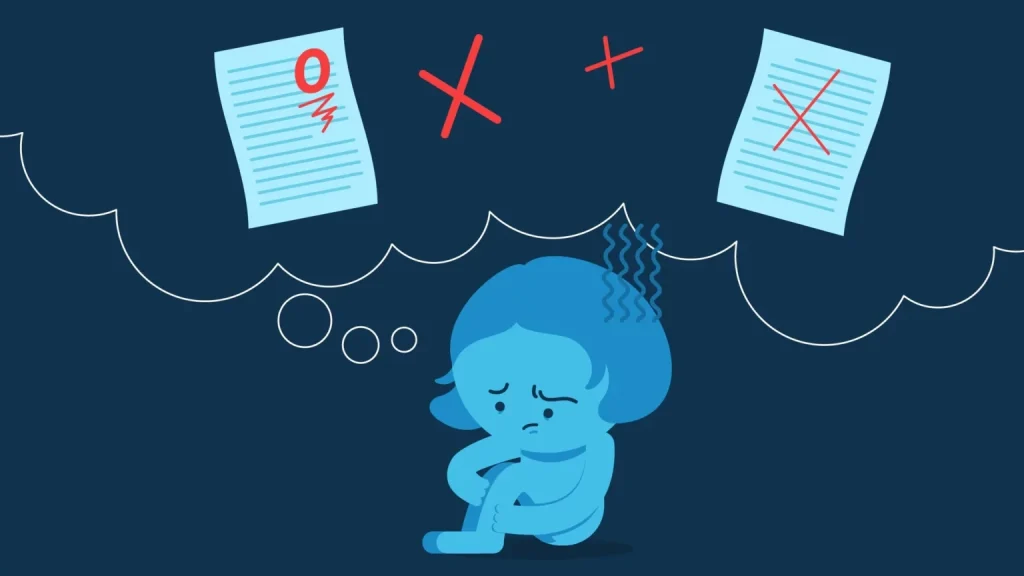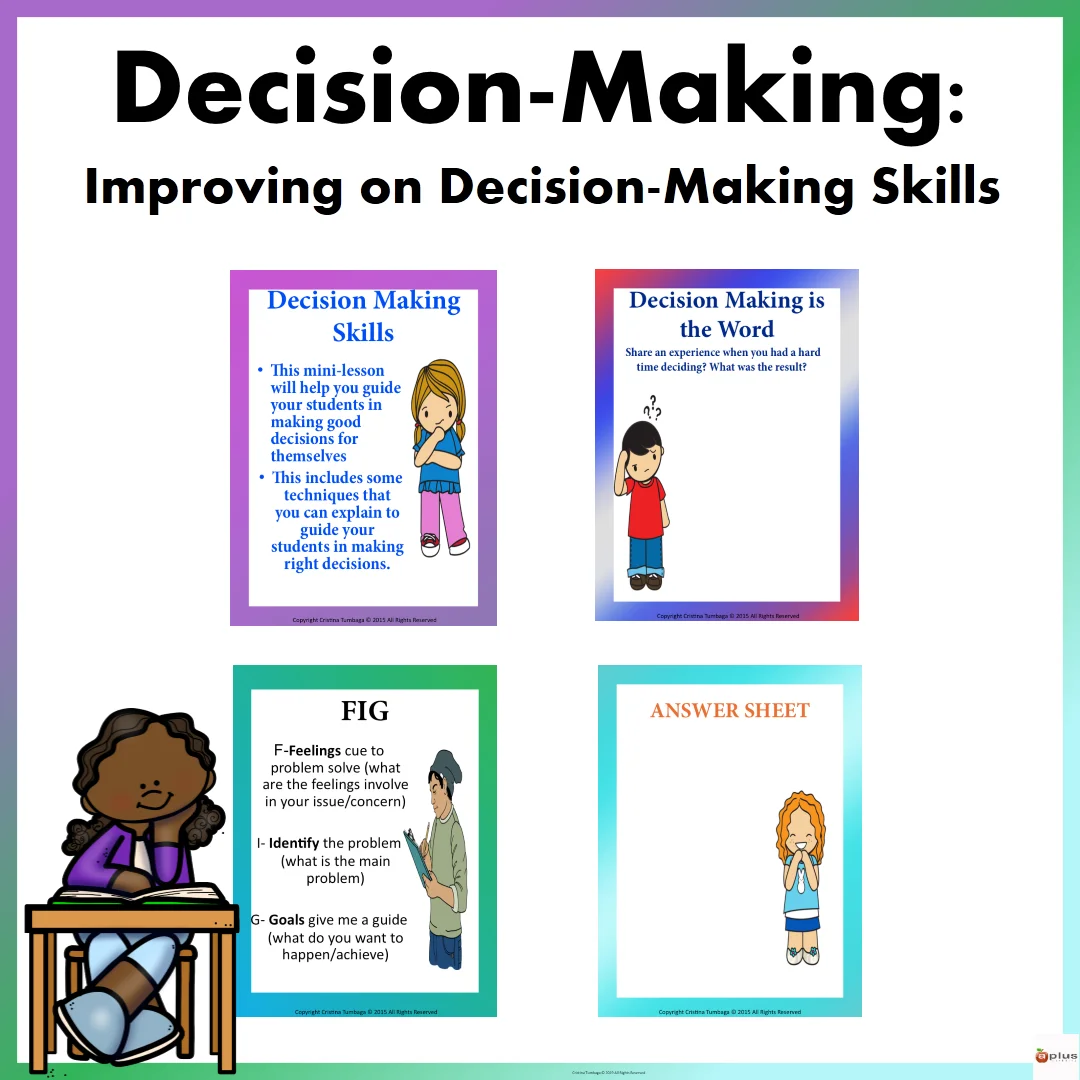During adolescence, teenagers struggle with their parents in a tough way. Young people are forced to make important decisions that will shape their lives forever. The teens must acquire the skill of making decisions well so that they can grow up into adults who are confident and independent enough for success.
In this article, we shall discuss effective ways to improve on decision making skills among teenagers as a way of ensuring they are prepared to tackle challenges in life.
Why Decision Making Skills Matter for Teens
Grasping the Significance
As adolescents approach adulthood, decision making skills become crucial. This informs their academic progressions, social relationships, and future career paths. Several outcomes can result from these actions by teenagers:
- Resisting Peer Influence: Saying ‘no’ to negative friends and choosing one’s own path.
- Academic Performance Improvement: Choice-based approaches regarding study habits plus extra-curricular activities.
- Boosting Self-confidence: A sense of being able to face life challenges is enhanced significantly.
- Preparation for Future: Choose career and college options that pave the way for subsequent prosperity or triumphs.
Strategies to Improve Teenagers’ Decision Making Skills
Boost Critical Thinking
Critical thinking is an important factor in making successful decisions. For the purpose of this, teenagers should be encouraged to critically analyze situations, weigh a range of perspectives and consider possible results. Here are several ways that can help develop critical thinking skills:
Activities for Developing Critical Thinking
- Debates: Encourage teens to engage in debates on topics that matter most to them so as to enable them express their thoughts and reflect on opposing ideas. This will not only enhance their abilities to argue but also teach them how to understand other’s views since it is an important element for effective decision making.
- Critical Reasoning Exercises: Let students work out solutions for practical life situations. This way they will think quickly on their feet and assess different choices’ consequences.
- Mediation: Have young adults look back at what they have done or what they could do differently next time in order for them to make better decisions now that they know better.

Teach the Process of Decision Making
Knowing how decision making process is done helps teenagers to approach their options systematically. Normally, this process involves the following steps:
- Identify the Decision: Define clearly the decision that needs to be made. Understanding about the problem under consideration or choice at hand is a primary step in making a good decision.
- Gather Information: Obtain relevant information and consider possible alternatives. This stage is critical for making well-informed decisions.
- Evaluate Alternatives: Ponder over advantages and disadvantages of each option. Evaluating potential outcomes of every alternative will allow adolescents to make better choices.
- Make the Decision: Make the best choice basing on your evaluation.This time, all factors are taken into account before a final decision is reached.
- Take Action: Carry out your verdict.Actually, executing decisions is crucial for determining what impacts they have on life situations.
- Review the Decision: Think back about it and learn from it by changing processes next time. Thus, teens can know what went right and wrong so as to improve upon their decision-making abilities in future.
Develop Independence
Supporting teens in making their own decisions builds independence and self-assurance. However, one should avoid the temptation of deciding for them.
Tips for Promoting Independence
- Set Limits: Precisely stipulate which decisions teenagers can make autonomously and which necessitate parental involvement. This helps them appreciate the extent of their decision-making authority.
- Give a Hand: Be there to talk about possibilities or offer guidance without dominating choices. Encouraging support promotes independent thoughts.
- Hail Victories: Recognize and commend adolescents for making right choices. Confidence is built through positive reinforcement that encourages continual autonomous thinking.

Create Emotional Intelligence
Emotional intelligence (EI) is important for effective decision making. Teens with high EI are able to handle emotions, relate with others’ feelings, and make compassionate decisions.
Building Emotional Intelligence
- Self-Knowledge: Enable teens to identify and understand their feelings. By being aware of themselves, they will know how emotions influence their choices.
- Sensitivity: Teach adolescents how to think about the effects of their actions on other people’s lives. Empathy supports healthy relationships as well as wiser judgments.
- Control of Emotions: Help teenagers develop techniques for dealing with stress and stay calm under pressure.
Practicing Real Life Scenarios
Teens can act out different scenarios to train them on decision making in a safe environment. This way, they can play through multiple possible outcomes and learn from their trials.
Exemplary Scenarios
- Peer Pressure: Kids should simulate situations where they must resist peer pressure so as not to participate in risky behaviors. They will then be ready for any life situation whereby they have to defend their values.
- Academic Choices: Possibilities of setting exams plans, participating in other activities besides studies and choosing the right college. In doing these scenarios, teenagers are able to make informed decisions regarding their education.
- Social Situations: How do young people deal with friends that have hurt them or start relationships with new ones? The identification of social patterns is essential among teenagers; hence, acting out such scenarios enables young individuals build self-assurance.
Typical Problems Encountered by Teenagers in Decision Making
Peer Pressure
For teens, peer pressure is a big obstacle in decision-making about conduct, academics and socializing. It is vital that adolescents are trained to perceive and oppose this kind of influence on their lives.
Strategies to Counter Peer Pressure
- Role-Playing: Develop the ability to say no when faced with different peer pressure situation. It prepares them with confidence for life’s situations.
- Self-Confidence: Help teens become more self-assured so that making their own decisions becomes easy. Teens who are confident are better able to withstand negative influences.
- Positive Peer Groups: Encourage teenagers to associate themselves with like-minded peers. Positive peer groups can offer support and bolster right decision-making.
Fear of Failure
Fear of failure can immobilize teenager causing them to not make choices or take risks. Assisting teenagers in overcoming fear is vital for development.
Overcoming Fear of Failure
- Normalize Mistakes: Educate adolescents that errors are an intrinsic component of learning. Understanding that failing is just a way of moving forward will reduce fear.
- Growth Mindset: Promote a growth mindset in which challenges are seen as opportunities for learning among teens. Inculcating resilience and tendency towards risk-taking is achieved through a growth mindset.
- Supportive Environment: Provide an environment where teens feel free enough to experiment without any repercussions. This safety net encourages teenagers to get out from under their comfort zones sometimes, even if it doesn’t turn out well.

Practical Tools and Resources
Decision Making Models
Teens can use several decision making models to approach choices methodically. One famous one is the DECIDE Model:
- Define theproblem: Specifically, what decision needs to be made?
- Establish criteria: What are important factors in making this choice?
- Consider alternatives: Enumerate potential options.
- Identify the best option: Evaluate both positives and negatives of every alternative.
- Develop and implement a plan: Decide on an action plan that will enable you to effectively execute your best option.
- Evaluate the decision: Think about how it went and learn from it.
Apps and Online Resources
There are several apps and online resources that can help teens build their decision-making skills? These tools contain interactive exercises, scenarios, and advice.
- Mind Tools: This website contains articles and exercises on decision making for teenagers which help them understand different strategies and models.
- Decision Making Confidence: The site gives resources like activities to build up on the decision making skills of individuals starting with exercise that one can do alone or as a group.
- TeenDecision.org: It is aimed at assisting teenagers make informed healthful decisions by providing counsel on various areas related to young people.
Conclusion
It is a very important thing for teens to master decision making skills if they are to become adults who are self-reliant, confident and successful. By cultivating critical reasoning capacities, imparting the decision-making process in them, promoting independence among them, developing their emotional intelligence and rehearsing authentic life situations amongst others, guardians and teachers can give teenagers abilities to overcome such future problems.
When these approaches are used well by parents and teachers it will help in the overall grooming of the students’ knowledge that enables them navigate through this path.
FAQs about Decision Making Skills for Teens
Why is it important for adolescents to have good decision making skills?
Good decision making skills assist young people avoid negative influences as well as make right career choices when it comes to education, which may not be easy at times because peer pressure has caused some of our young people stray from the right path.
What can parents do to teach teens about making decisions?
Parents can apply different measures like fostering independence where they encourage teens to think critically especially when making a decision.
How do educators contribute towards improving teenagers’ ability to make decisions?
They can adopt an inclusive approach that provides opportunities for students’ development by creating a safe space in schools while encouraging students’ autonomy so as to develop participatory methods on how best they could respond at any time.
What are some ways that teenagers can conquer their fear of making wrong choices?
To conquer this fear, teenagers must normalize mistakes, develop a growth mindset, and enhance their self-confidence through practice and positive reinforcement.
Do teens have resources for improving their skills in decision making?
Indeed! There are many models, apps, and online resources that can help any teenager. For example DECIDE Model, Mind Tools and TeenDecision.org.

Russell F. Jones, holding a Master in psychology from the University of Florida. He writes for Smart Parent Solutions, offering practical advice on parenting and child development. His engaging content helps parents navigate family life with confidence and ease. Russell enjoys sharing his knowledge and spending quality time with his family.
